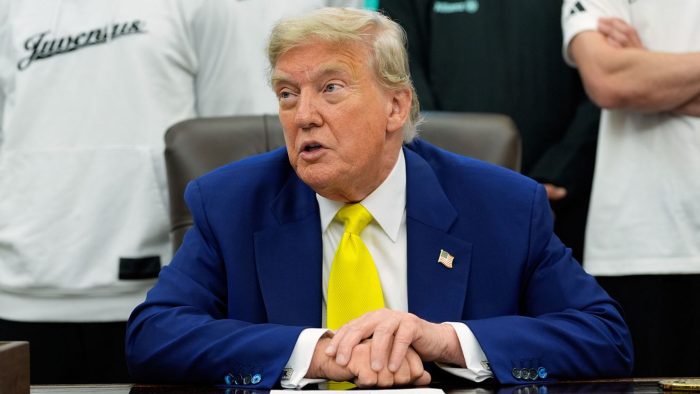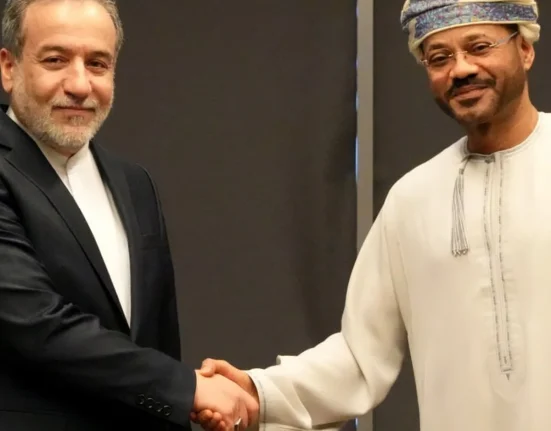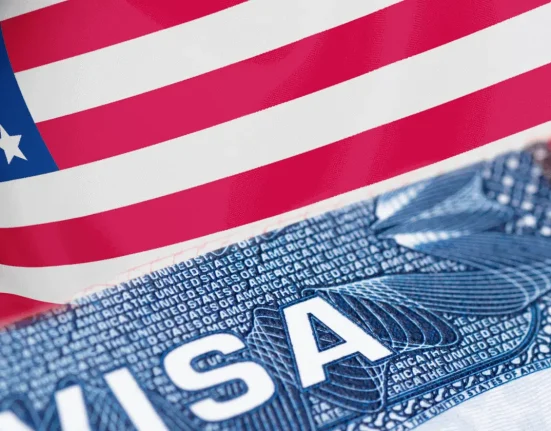In July 2025, the United States announced that it may begin charging a 10% tax (called a tariff) on products coming from BRICS countries. These are countries like China, India, Russia, South Africa, and others that are working together to build their own economic power, separate from America’s.
Now here’s the big news: Nigeria joined BRICS this year as a partner country. Let’s explain what that means, and how it might affect you as a Nigerian.
First, What Is BRICS?
BRICS is a group of fast-growing countries working together to improve trade, grow their economies, and rely less on the U.S. dollar.
The main members are:
• B – Brazil
• R – Russia
• I – India
• C – China
• S – South Africa
In 2024 and 2025, they added new countries like UAE, Egypt, Iran, Ethiopia, and made Nigeria a “partner country” in January 2025.
Being a partner means Nigeria can attend BRICS meetings and benefit from BRICS support, even if it’s not yet a full member.
What Did the U.S. Do?
The U.S. feels BRICS is trying to weaken its power. So, the U.S. said it may add a 10% tax on goods coming from any country that supports BRICS and its ideas, especially if they stop using the U.S. dollar for trade.
This is meant to punish BRICS countries and protect American businesses.
So, How Does This Affect Everyday Nigerians?
Even though the U.S. is not taxing Nigeria directly, this action will still affect us in many ways:
1. Imported Goods Could Get More Expensive
Many U.S. products like:
• Phones
• Clothes
• Packaged food
• Electronics
…often use parts from China or India (which are BRICS countries). If America taxes those parts, the final product becomes more expensive, and that price increase may reach Nigeria too.
2. The Naira Might Get Weaker
If the U.S. dollar becomes stronger (as a reaction to the tariff), it means:
• You will need more naira to buy dollars.
• Imported goods may become more costly in Nigeria.
For example: if you buy things from Amazon, pay school fees abroad, or import goods—you may spend more.
3. Local Businesses May Face New Competition
As BRICS countries sell less to the U.S. (because of the tariff), they may start selling more to African countries, including Nigeria.
That means:
• We may see cheaper Chinese or Indian goods flooding Nigerian markets.
• This is good for buyers, but local Nigerian businesses may struggle to keep up with low prices.
4. New Opportunities for Nigeria
Because Nigeria is now a BRICS partner:
• We might get more support (like loans and investments) from BRICS.
• Nigerian companies may also find new customers in BRICS countries who are no longer trading much with the U.S.
So, it’s not all bad news.
What Should You Do?
• Watch prices: Be smart about how you spend. Some things may get more expensive.
• Think local: Support Nigerian businesses to help them stay strong.
• Stay informed: Nigeria’s new BRICS status may bring more business opportunities. If you’re an entrepreneur, look into exporting or working with BRICS-based companies.
Nigeria is now part of a bigger global game between the U.S. and BRICS. Even though we’re just a partner for now, this move changes how we do business around the world.
And yes, it might make phones, groceries, or even school payments cost a bit more. But it could also bring new chances for business, jobs, and investment in Nigeria.
So stay alert, be informed, and plan smart.







